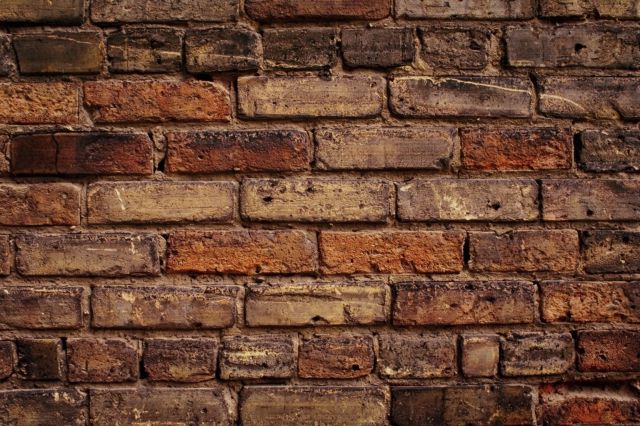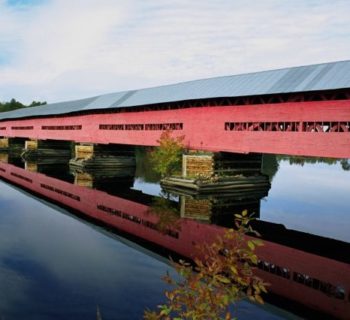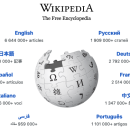I found yesterdays protests about the BBC plans to archive their recipe site fascinating. After over 120000 people signed a petition protesting against the move and after the government culture minister (somewhat disingenuously) distanced himself from the plan, the BBC backed down and said they would move the recipes to their commercial web site. Now those into conspiracy theory might suggest this was what the BBC were after all the time and others point to huge protests from the middle class over the potential restriction on access to the Great British Bake off etc. whilst cutbacks to welfare quietly proceed. But I think this misses the point.
The major pressures for the BBC to restrict access to free recipes was that they are competing with private businesses including paid for newspapers, subscription websites, commercial publishers and so on. And that public funding should not be allowed to so this. People didn't buy in to that argument, largely because of a conciousness that the BBC is a publicly owned organisation and that we have teh right to free content paid for by a license fee (ie taxes). I seem to remember the same argument coming from publishers in the early days - some ten or twelve years ago - against Open Educational Resources. Resources created by university staff, so they said, were paid for by public funding and that was unfair competition. Today despite the government's same disdain for publicly funded education as for the BBC, Open Educational Resources have become seen as a Good Thing. And the debate over OERs has extended into a wider discussion on the meaning of open. In the same way the protests over the proposed archiving of a publicly owned archive of recipes could well extend into the meaning of open content in wider areas of the web and to an open digital infrastructure The battle for open goes on.








